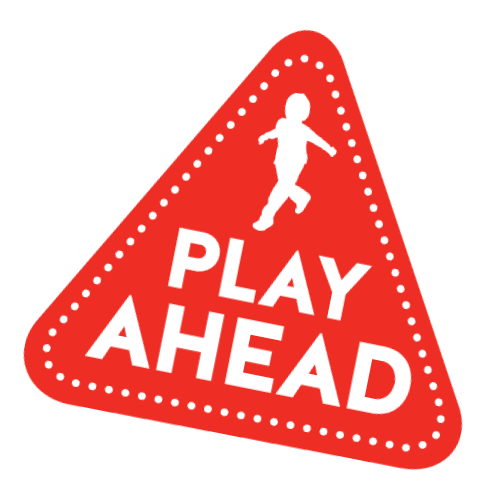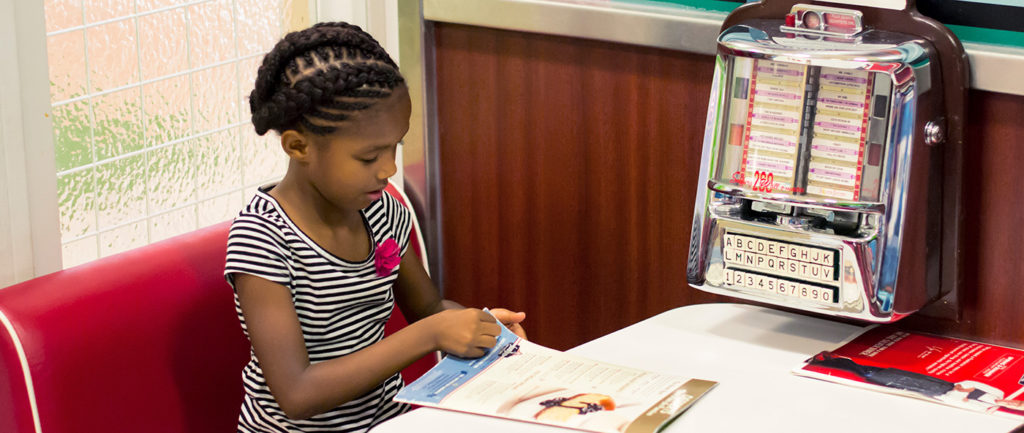Play Ahead – Safekeeping
Every parent would like to feel they could keep their children completely safe from all harm. The reality is that in today’s increasingly complex and violent society this is not possible. There are, however, appropriate steps parents can take to guide their children through uncertain times. The following tips offer some suggestions for parents to…
Published on March 24, 2020

Every parent would like to feel they could keep their children completely safe from all harm. The reality is that in today’s increasingly complex and violent society this is not possible. There are, however, appropriate steps parents can take to guide their children through uncertain times. The following tips offer some suggestions for parents to help their children “feel safer” in a not-so-safe world.
Teach your children to recognize authority at a very young age. Teach children to follow the instructions of those “trusted” persons (as we want our children to question when it is appropriate). One of the most important jobs of any authority figure – parents, teachers, principals, police, playground supervisors, etc – is to ensure the safety of everyone. Children need to learn that rules are not just about them but about everyone and their safety. Even when we don’t like rules, we need to follow them. If we do not, we can be creating more danger for everyone. Parents should speak of their children’s “authority figures” with respect and not undermine that person’s ability to lead their children.

Strengthen your children’s “awareness” skills. Begin at a very early age to play observation games with them anytime you are engaged in ordinary activity. For example, while waiting for the school bus, play “I spy.” “I spy something that is different in Mrs. Jones’ driveway; I spy something that was blue and has been painted a different color; I spy something in the street that doesn’t belong there.” Familiarize your children with your neighbors and your neighborhood.
As much as you can, stick to your familiar routine. Routine offers children predictability and that helps a child feel “in control.” A child who can predict what happens next feels more in control of his environment and feels secure.
Be positive in your attitude and remarks about the world today. Children look to us for some measure of the feeling “Are we OK?” While we, as parents, are very worried about loss of personal security as we are learning to navigate this increasingly violent society of ours, we must remember that now is the world our children live in. They do not have our basis for comparison. We must learn to embrace this world so our children will feel more positive and secure as they grow in it.
Be present, be aware and listen to your children. Speak casually about issues of safety. Don’t lecture. Offer children relevant information rather than emotion. Make your goal to educate rather than terrify your child. For example, rather than saying, “I can’t believe you rode your bike so far. Don’t you know someone could kidnap you?” Try saying, “You rode your bike too far away from home today. When you are that far from home, I worry that I couldn’t find you if you needed help. That’s dangerous.”
Teach your children to trust their instincts. Describe it to them as that funny feeling you get in your tummy when you feel something isn’t right. Teach them to recognize that sensation and then to respond to it out loud by either saying aloud, “I don’t think that’s safe,” or seeking an adult and saying aloud, “This doesn’t seem safe.” Speaking aloud provides an auditory cue that children find easier to understand than just “thinking.”
Although there is nothing that can totally guarantee the safety of our children, there are hundreds of ways for parents to enhance their safety. Try these suggestions to increase children’s self-confidence. Confident and aware children are “smarter” about safety issues.
